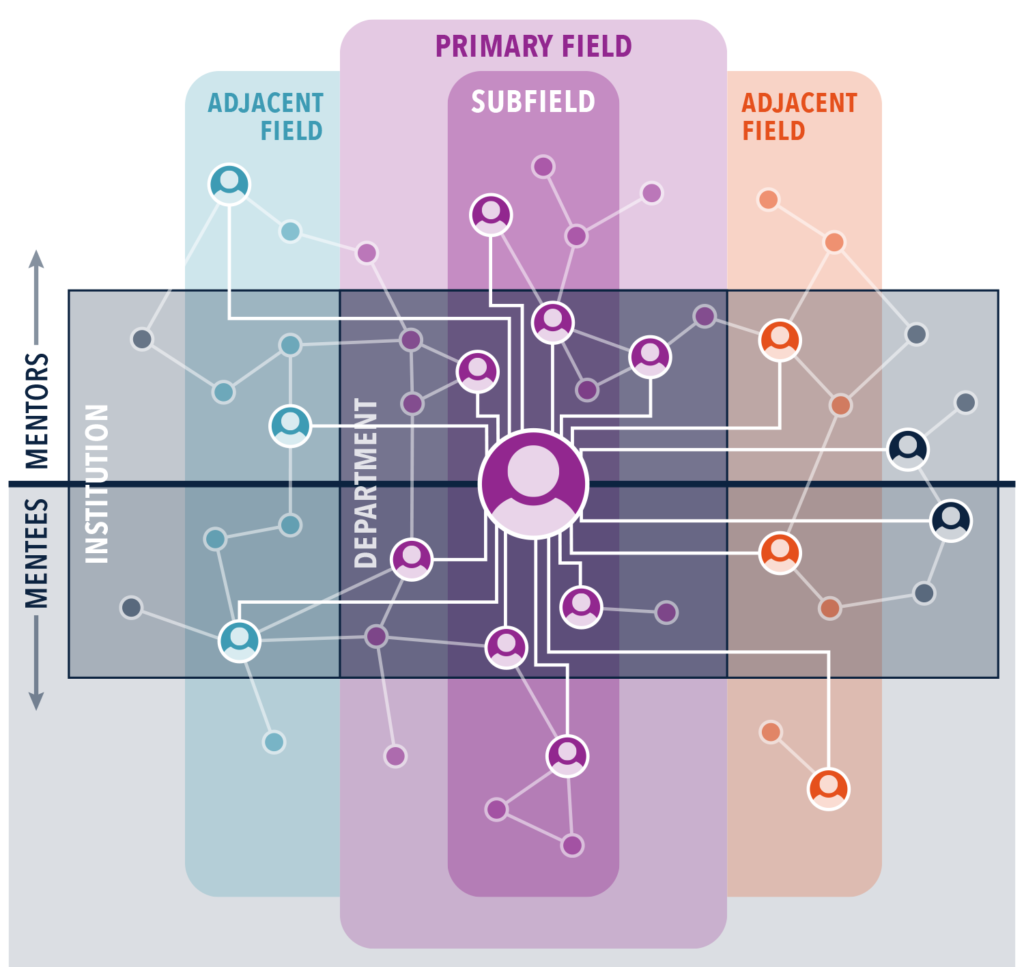Part of my work with the Sausage of Science podcast was developing the #Hackademics mini series. This series of episodes focused on the unspoken issues and rules within academia – issues and rules that need to be brought to light, need to be talked about.
We have covered imposter syndrome, preparing for and coming back from fieldwork, and science communication to name a few. Though the podcast has a broad, accessible reach, it does not have the weight of a peer reviewed publication in terms of being a citable and respectable resource. As such, my podcast co-host, Chris Lynn, and I decided to turn the #Hackademics podcast mini series into an academic journal special issue. With the blessing and wonderful support of Bill Leonard, editor in chief at the American Journal of Human Biology, this has become a reality.
One of my contributions to this special issue was a paper on mentorship. This is a topic near to my heart and near to my career. I have experienced poor mentorship and I have experience good, nurturing mentorship. I work exceptionally hard on making sure my mentees have a good mentorship experience with me – I am not always successful, but I work at it.
Writing this manuscript, however, was a massive team effort. The team consisted of Alexandra Niclou (my graduate student), Tisa Loewen, Kendall Arslanian, Rebecca Gibson, and Claudia Valeggia. We each represent different personal identities, stages in the academic trajectory, and a range of experiences as mentors and mentees.

In this paper, we centralize information on what good & poor mentorship looks like, how good mentorship is critical to professional and often personal success and fulfillment, how to find mentors, and we provide recommendations for rewarding mentorship as well as accountability for poor mentorship. When it comes down to it, no one teaches us how to be mentors or how to advocate for good mentorship. We hope this paper helps in providing resources and a path forward for a more nurturing and equitable academia.

The paper is still behind a paywall, for now, but below are pdfs of the tables (one on mentorship resources, another on mentor-mentee expectations) and sample mentorship plan/guide. These are incredibly useful, and we hope anyone reading this will get something important from them. Also, please feel free to contact me for a pdf of the full manuscript – happy to send it!
